The Pakistan government at the moment seems to be rejoicing Taliban victory in Afghanistan. The manner in which it wanted to exploit the Taliban victory in Afghanistan has rebounded threatening to reinforce religious fundamentalist inclinations in Pakistan itself.
The Taliban's victory in Afghanistan may give Pakistan a choice to look at its relationships with its neighbours, not just from an anti-India stance as it tries to rein in and influence the Taliban to remain pro-Pakistan and not adopt an independent policy of their own.
However, the religio-politico situation of the region has increasingly shown a ripple effect in Pakistan, the Tehrik-i-Taliban Pakistan (TTP) remains a prime example of such thinking.
Commenting on the evolving situation Ayesha Siddiqa, a geo-politics adviser at SOAS, UK, said that Rawalpindi invested primarily in the Taliban as it knew that the US would ultimately leave Afghanistan. Rawalpindi's prime desire was to ensure a friendly establishment in its north-western neighbouring nation, which doesn't get exploited against Pakistan's interests, especially by India.
While Pakistani fear that the Taliban victory may give a violent boost to the TTP, the Pakistani Taliban has close ties to their Afghan kin, and the TTP had started to be active again inside Pakistan even before the Taliban capture of Afghanistan.
The Taliban victory benefits from decades in which religious fundamentalism was woven into the fabric of Pakistani society as well as some of its key institutions. Siddiqa comments: "The fact remains that, notwithstanding the ambition to mellow the tone of religion in Afghanistan, Pakistan itself runs the risk of becoming more like its north-western neighbour more religious and more authoritarian."
Pakistan understands the complex situation very well and that's why it was pushing the Taliban to opt for a truly inclusive government besides broadening its contacts with other Afghan groups. A visit last week to the Pakistani capital by representatives of the anti-Taliban Northern Alliance and other Afghan politicians is a pointer in that regard.
In discussing the fallout for Pakistan of the Taliban victory, analysts have by and large focus on Pakistan as fertile ground for the spread of Taliban-style religious fundamentalism as well as concerns that it would enable TTP to rekindle their campaign of attacks in Pakistan.
The TTP is a coalition of Pashtun Islamist groups with close ties to the Afghan Taliban that last year joined forces with several other militant Pakistani groups, including Lashkar-e-Jhangvi, a violently anti-Shiite Sunni Muslim supremacist organisation.
"Pashtuns of the Afghan Taliban will, after a few years in power, find common cause with their Pashtun kinsmen in Pakistan... There are plenty of Pakistani Pashtuns who would prefer the whole of Khyber Pakhtunkhwa (formerly North-West Frontier Province) to be part of a wider Pashtunistan," predicts scholar and former British ambassador to Pakistan Tim Willasey-Wilsey.
In fact, the events of the last 75 years confirm that the main focus of Pakistan's foreign policy has always been anti-Indian in tenor and practice. It became a fertile ground for Mujahideen in the 1970s, as it wanted to exert more influence on the Soviet state as compared to India besides stoking the fire in Indian Kashmir.
Later it allied with the US just in order to belittle India, but the reality is that Pakistan has always tried to be involved in Afghan affairs due to the economic gains also and this trend continues even now. The British Foreign Secretary Dominic Rabb, while in Pakistan last week, announced a doubling of aid to Afghanistan to 286 million pounds and released the first tranche of 30 million pounds of that to support Afghanistan's regional neighbours including Pakistan. Thus, in a way the foreign aid has not only lined the pockets of Afghan gang lords and politicians but even Pakistani generals and politicians.
This complexity in Afghan affairs and the recent announcements by senior Taliban leadership with regard to India puts Pakistan in a real quandary. Pakistan might also be concerned after a Taliban official Sher Mohammed Abbas Stanekzai declared in a rare statement on foreign policy that "we give due importance to our political, economic and trade ties with India and we want these ties to continue. We are looking forward to working with India in this regard".
Pakistan in today’s contest may be rejoicing the de-facto control over Afghanistan but it will be a sure suicide in long term, leading to the destruction of the modern nation that its founding father MA Jinnah has dreamt of.
(The writer is Prashant Tewari, Editor-in-Chief of The Opinion Express Group)







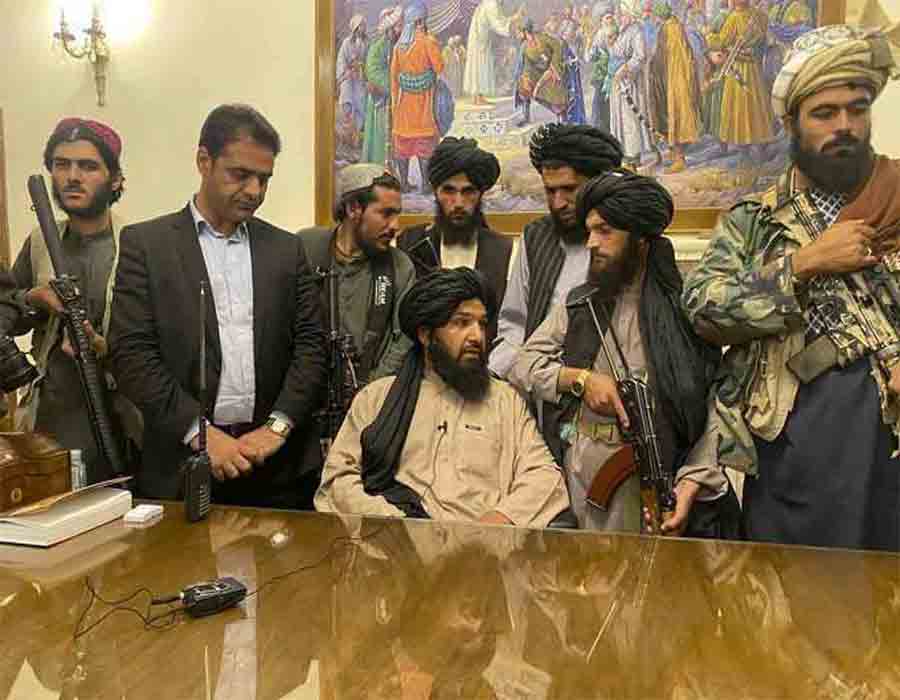
 OpinionExpress.In
OpinionExpress.In




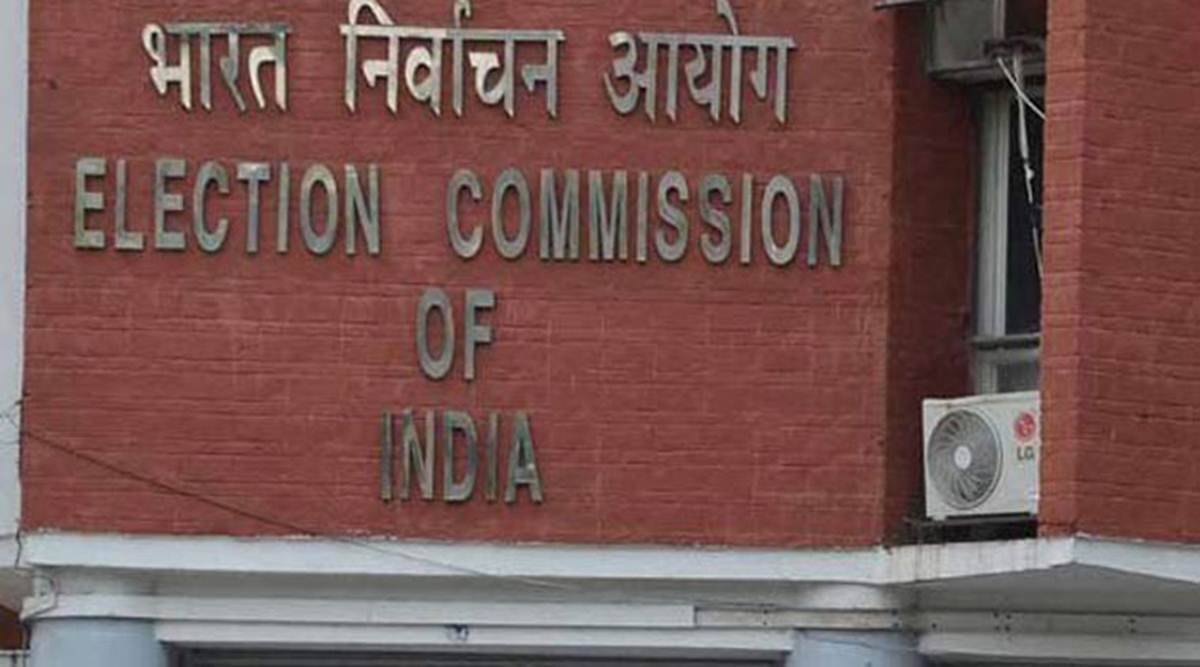
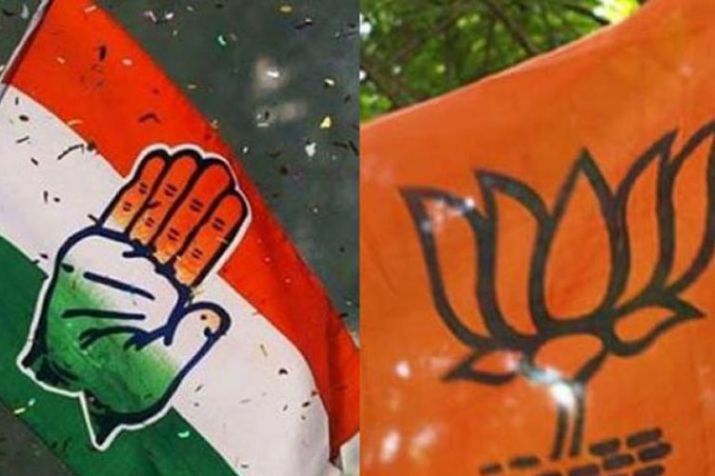
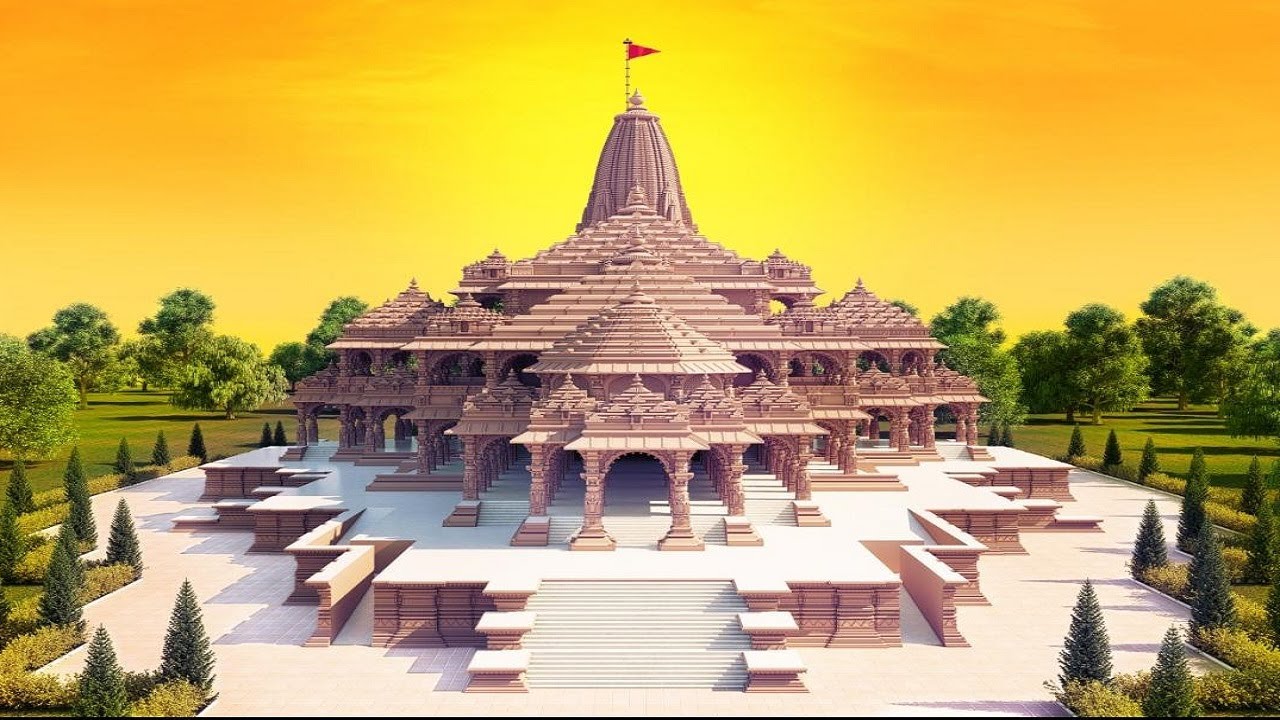
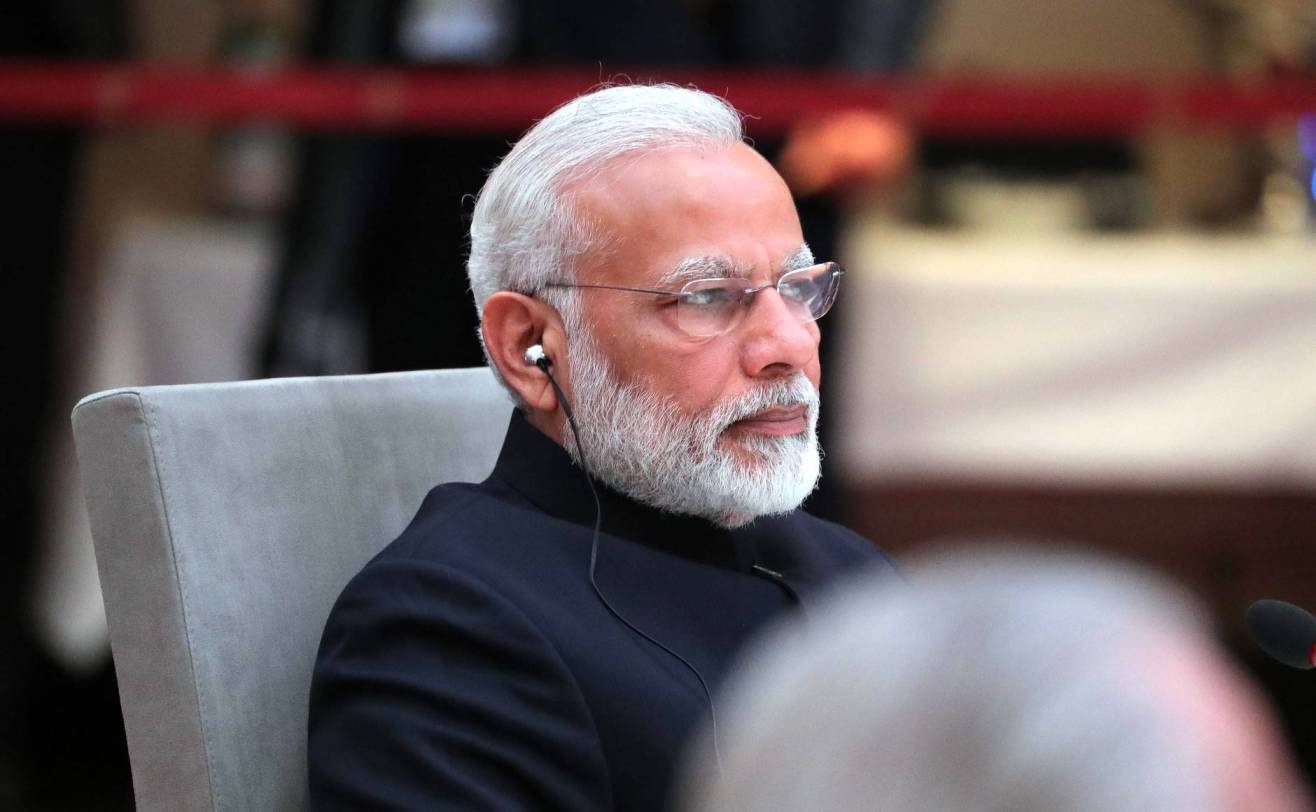







Comments (3)
Very good analysis of the situation. Hope India plays its cards well.
Very good analysis of the situation. Hope India plays its cards well.
Absolutely correct analysis. Pak has to pay for it in long term. So well captured the future of Taliban and pak.